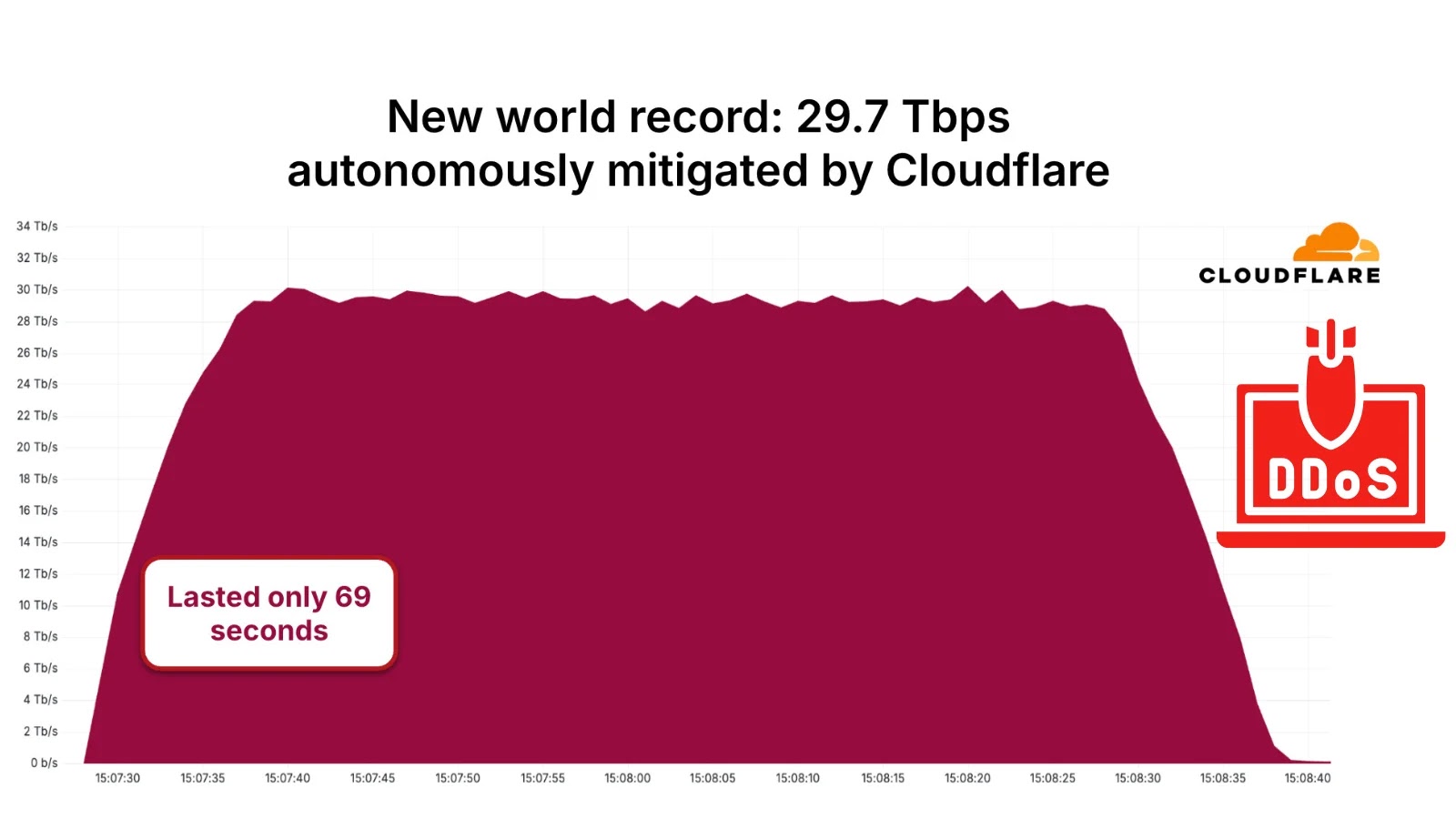On May 13, 2025, a sophisticated cyberattack compromised the trusted VMware administration utility, RVTools, transforming it into a conduit for distributing the Bumblebee malware loader. This incident underscores the escalating threat posed by supply chain attacks targeting widely used enterprise tools.
Discovery of the Compromise
The breach came to light when Microsoft Defender for Endpoint detected unusual activity originating from a file named version.dll within the RVTools installation directory. This anomaly prompted a thorough investigation, revealing that the RVTools installer had been tampered with to include malicious code that activated upon installation.
Technical Analysis of the Malicious Installer
Upon closer examination, security researchers identified the malware as a customized variant of the Bumblebee loader. Bumblebee is notorious for facilitating initial access in cyberattacks, often serving as a precursor to ransomware deployments. Analysis through VirusTotal indicated that 33 out of 71 antivirus engines flagged the file as malicious, highlighting the potential for widespread distribution.
Mechanism of Infection
The attack exploited a technique known as DLL search order hijacking. In this method, the compromised installer placed a malicious version.dll file in the same directory as the legitimate RVTools application. When the application was executed, it loaded the malicious DLL instead of the legitimate one, thereby executing the malware with elevated privileges. This approach allowed the malware to establish persistence on the infected system and communicate with command and control servers for further instructions.
Implications and Recommendations
This incident highlights the increasing sophistication of supply chain attacks, particularly those targeting tools prevalent in enterprise environments. Organizations that downloaded RVTools during the period of compromise are strongly advised to verify the integrity of their installer files by checking hashes and to scan their systems for unauthorized version.dll files in user directories. Implementing robust security measures, such as regular software integrity checks and employee training on cybersecurity best practices, is crucial to mitigate the risks associated with such attacks.



